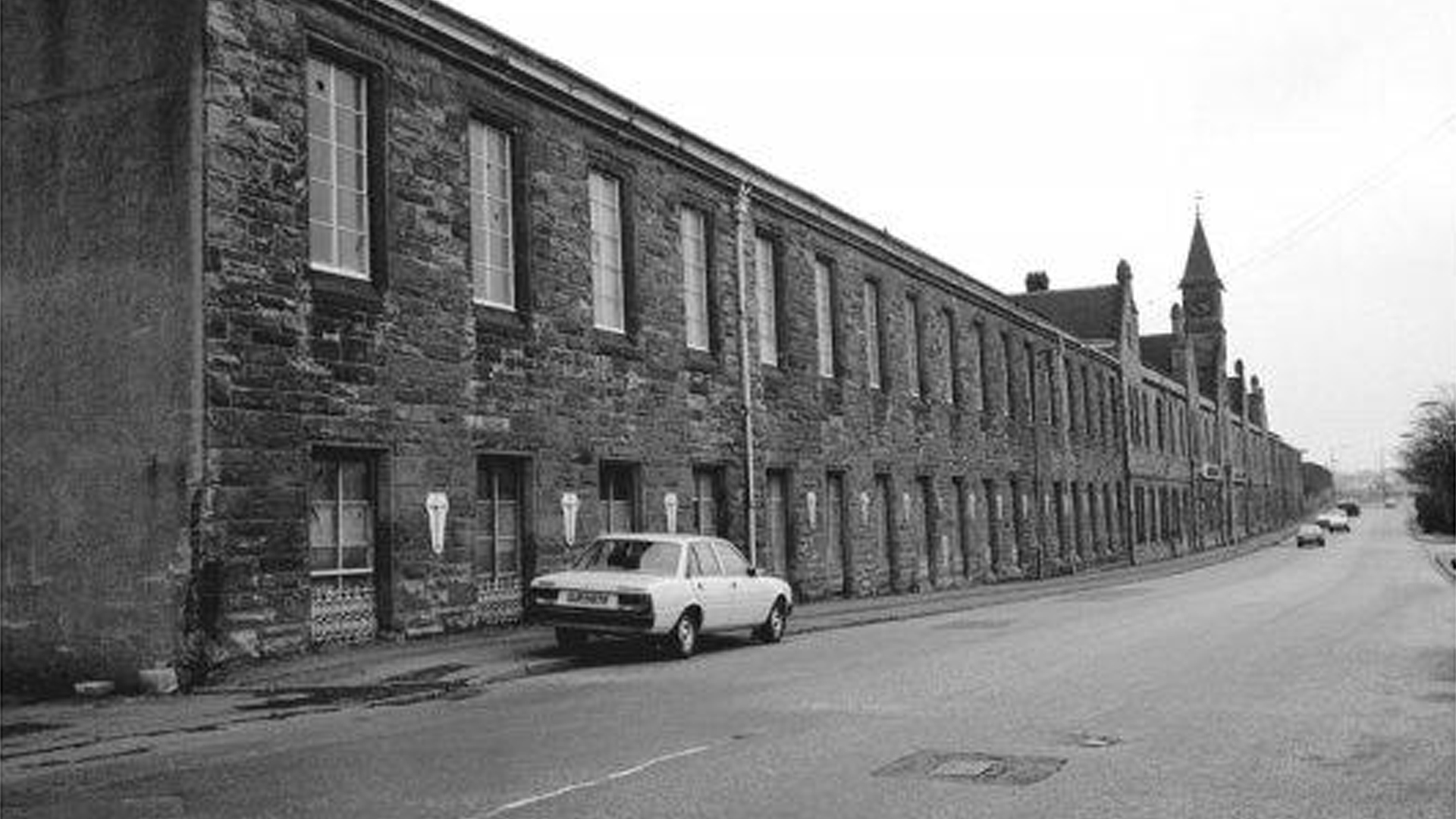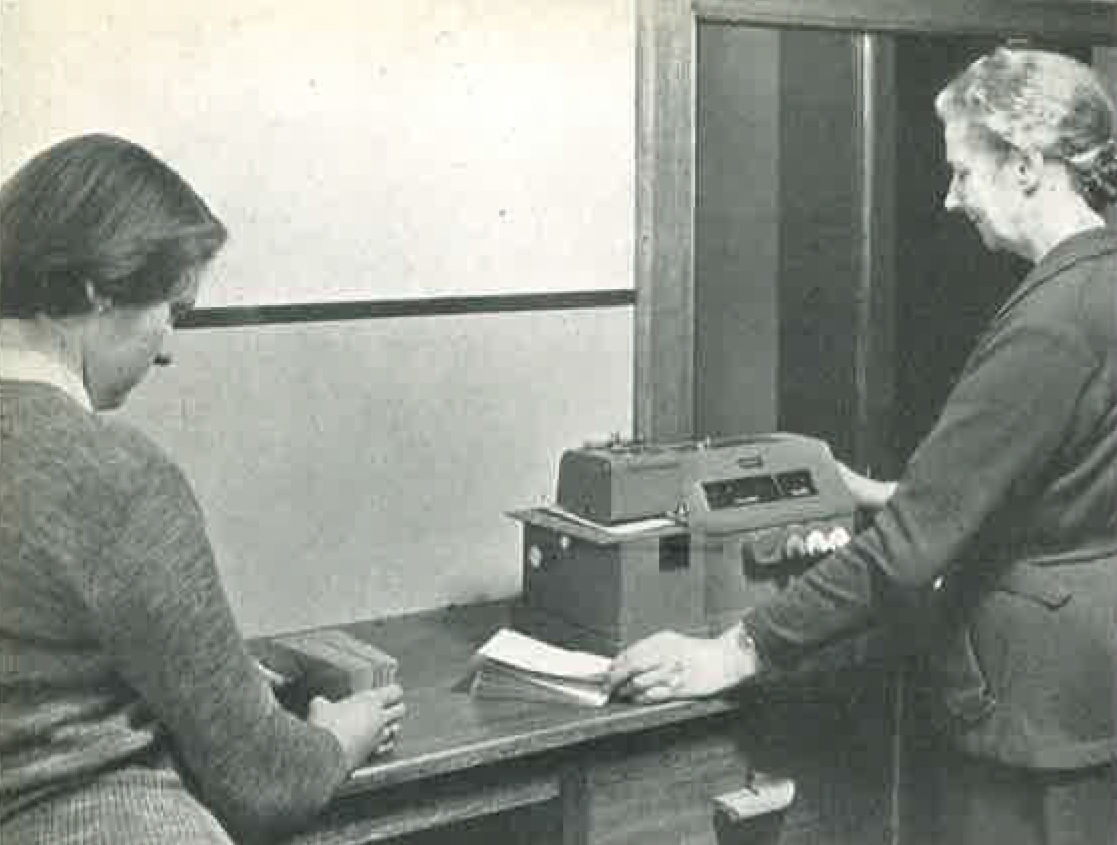The Royal National Mod has an important part in Falkirk’s history. Read on to find out more about this spectacular gathering and the events of the piping competition.
For almost 200 years, Falkirk was the annual gathering place for hundreds of Gaels from every corner of the Highlands and Islands.
fields['text']) echo $section->fields['text']; ?>
In 2008 the Royal National Mod came to Falkirk for the first time since it began in Oban back in 1891. The origins of these annual gatherings, however, lie much further back in history and Falkirk played an important part in that early story. For almost 200 years, Falkirk was the annual gathering place for hundreds of Gaels from every corner of the Highlands and Islands. The drovers brought their sturdy black cattle south for sale on Redding Muir and by the 1760s, the Falkirk Trysts attracted over 50,000 head of cattle and sheep, driven along ancient drove roads over mountains, rivers and burns by the hardy drovers with their ponies and dogs. You can read more about the Tryst in our “All Roads Lead to Falkirk” story.
The Jacobite rising of 1745 upset the trade for a time but when peace returned, droving revived and the Trysts resumed. However, the Disarming Acts, which the government had imposed on the Highlands, created real difficulties: the law banned gatherings, the speaking (and singing) of Gaelic, the playing of the pipes, the wearing of tartan and, most importantly, the carrying of weapons. For the drovers passing through dangerous places (with a McGregor behind every hill!) this was too risky and, for the sake of the economy, the Act was suspended for the duration of the droves. From this relaxation came the revival of the musical celebrations which are regarded by many as the origins of the Mod itself.
During the October Tryst in 1781, a piping competition was organised with 13 pipers performing in the old Masonic Lodge in Falkirk’s Silver Row. The winner was Patrick McGregor of Ardradour who won "a set of new pipes worth 5 guineas and 40 merks of money." There were also Gaelic songs and the recitation of ancient verses by an old bard. The piping competition was repeated in the following two years, and at the 1783 event, according to one writer, the winners of the first three competitions went to Falkirk Parish Churchyard and “marched thrice round the tombs of the immortal heroes Sir John Stewart, Sir John De Graham and Sir Robert Munro, playing the celebrated McCrimmon's Lament in concert and on their prize pipes.”
In 1784, following the repeal of the Disarming Acts, the event was moved to Edinburgh. The Falkirk Trysts continued for another 100 years at a new site in Stenhousemuir but by the last decade of the 19th century it was all over; only the annual fun fair remained to remind local people of these gatherings and the way in which the two cultures combined.
With all this in mind, the organisers of the 2008 Royal National Mod adopted as their slogan “The Mod Is Coming Home.” It certainly did, and continues to this day. To the thousands who will come again to the town we say “Ceud Mile Failte’ – a hundred thousand welcomes!”
Gaelic translation
Am-bliadhna tha am Mòd Nàiseanta Rioghail a’ tighinn dhan Eaglais Bhric airson a’ chiad uair bho thòisich e san Òban ann an 1892. Ach tha freumhan nan cruinneachaidhean bliadhnail sin a’ dol nas fhaide air ais ann an eachdraidh agus bha pàirt cudromach aig baile na h-Eaglaise Brice san sgeulachd thràth sin. Airson a’ chuid mòhr de 200 bliadhna b’ e an Eaglais Bhreac an t-àite far an robh ceudan de Ghaidheil bho gach ceàrnaidh den Ghàidhealtachd is de na h-Eileanan a’ cruinneachadh gach bliadhna. Bho thoiseach na 18mh Linne bha dròbhairean a’ toirt an cruidh thapaidh dhuibh gu deas airson an reic air Redding Muir agus mu na 1760an bha an Eaglais Bhreac air na Dàlaichean aig Craoibh a ghabhail thairis. Gach Foghar bha na 3 Dàlaichean san Lunastal, san t-Sultain agus san Dàmhair a’ tàladh còrr air 50,000 beathach cruidh is caorach a bha na dròbhairean tapaidh lem pònaidhean is an coin gan cuallach air seann ròidean dròbhaireachd thar bheanntan, aibhnichean agus uillt.
Chuir ar-a-mach nan Seumasach ann an 1745, far na lean uimhir de na Gàidheil am Prionnsa Bòidheach, casg air a’ mhalairt airson greis ach nuair a thill an t-sith thòisich an dròbhaireachd agus na Dàlaichean a-rithist. Ach dh’adhbhraich Achdan an Di-armachaidh a bha an riaghaltas air a sparradh air a’ Ghàidhealtachd duilgheadasan mòra dha na dròbhairean. Chuir an lagh casg air cruinneachaidhean, air bruidhinn (agus seinn) sa Ghàidhlig, air cluich na pioba, air caitheamh an tartain, agus na bu chudromaiche buileach, air a bhith a’ giulain armachd. Dha na dròbhairean a’ siubhal tro àiteachan cunnartach - le MacGriogair air cul gach cnuic - bha seo ro chunnartach agus air sgàth an eaconamaidh chaidh an Achd a chur an dara taobh fhad ‘s a mhair na dròbhan is na Cruinneachaidhean. B’ ann bhon dàil seo a thàinig ath-nuadhachadh de na cuirmean ceòlmhor a bha nan toiseach toiseachaidh den Mhòd fhein.
Chan eil teagamh nach biodh na dròbhairean a’ dèanamh subhachas le fonn, òran is drama no dhà nuair a ruigeadh iad ceann an turais fhada. Tha fios, ann an 1781, rè dàlach an Dàmhair, gun deach co-fharpais phiobaireachd a chur air chois le 13 piobairean a’ cluich ann an seann Loidse nam Maor-chlachairean ann an Silver Row, an dèidh eisteachd ri bàrdachd ur Ghàidhlig air a h-aithris le seann bhard. Thagh na britheamhan Pàdraig MacGriogair à Ardradour a bhuannaich “pioban ura luach 5 ginidhean agus 40 merk de dh’airgead”. Chaidh na duaisean a thoirt seachad 2 latha an dèidh sin air talamh na Dàlach an deidh caismeachd bhon Bhaile. Chaidh leantainn leis a’ cho-fharpais seo airson an 2 bhliadhna an dèidh seo agus mun àm seo bha Achdan an Di-armachaidh air an cur à bith agus ann an 1784 chaidh an tachartas a ghluasad gu Dùn Èideann. Air an turas mu dheireadh ann an 1783 ghabh ni inntinneach àite a rèir aon sgriobhadair; “an dèidh èisteachd ri Macan T’ ag aithris a bàhrdachd bhliadhnail Ghàidhlig a’ moladh ceòl trusaidh agus euchdan nan Gàidheal” chaidh buannaichean a’ chiad 3 co-fharpaisean gu Cladh Paraiste na h-Eaglaise Brice agus “mhèarrs iad tri tursan mu chuairt air uaighean nan triuir laoch ainmeil. Sir Iain Stiubhart, Sir Iain De Greumach agus Sir Raibeart Rothach, a’ cluich Tuireadh ainmeil MhicCruimein ann an co-sheirm air na pioban a bha iad air buannachadh”.
Lean an Dàil airson 100 bliadhna eile air an làraich ùir aca ann an Stenhousemuir ach mun deichead mu dheireadh den 19mh Linn bha e air a thighinn gu crioch agus cha robh ach an fhèill abhàchais bhliadhnail air fhàgail gus cur an cuimhne muinntir na sgire mu na cruinneachaidhean iongantach agus mun dòigh san robh 2 chultar air a thighinn còmhla sna bliadhnachan sin o chionn fhada. ‘S ann airson nan tachartasan eachdraidheil sin a tha luchd-eagrachaidh Mòd Nàiseanta Rioghail na bliadhna-sa air gabhail ris an t-sluagh-ghairm, Tha am Mòd a’ Tighinn Dhachaigh. Tha e dha-riribh a’ dèanamh sin agus do na miltean a thig a-rithist dhan bhaile tha sinn a’ guidhe, Ceud Mile Fàilte.
Iain Scotach / Ian Scott (Falkirk Local History Society).

